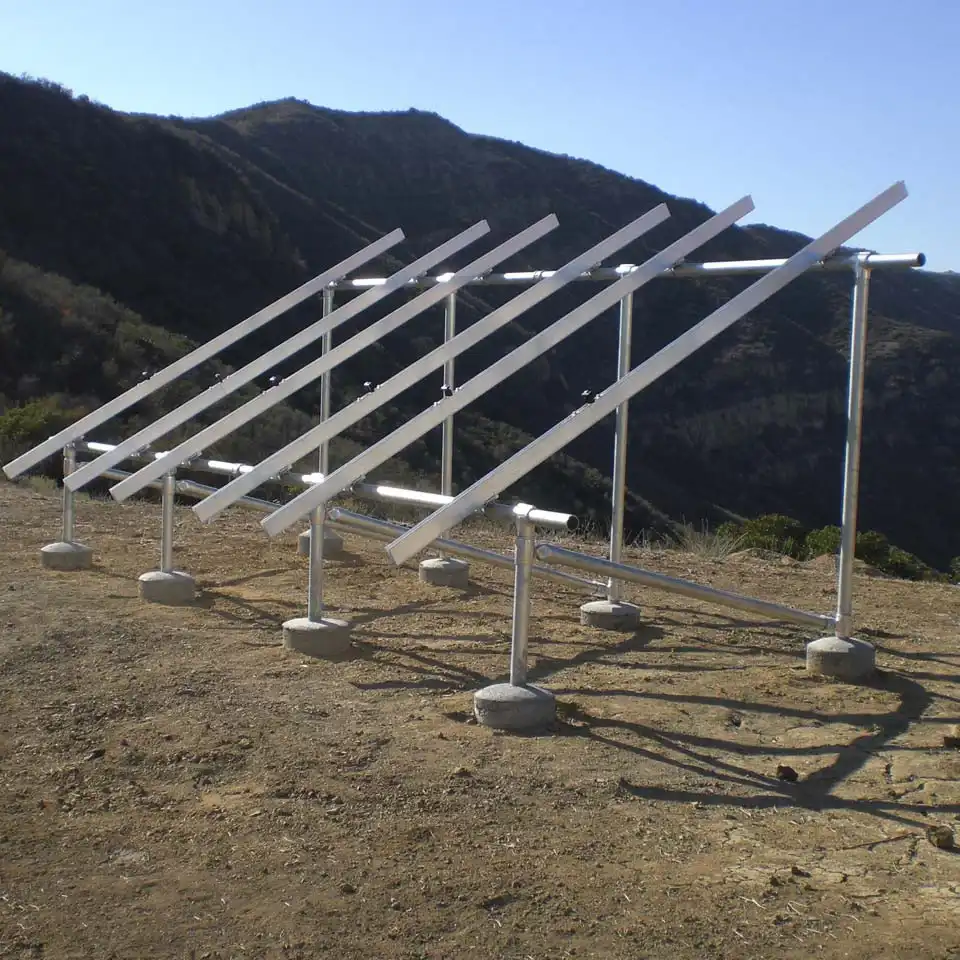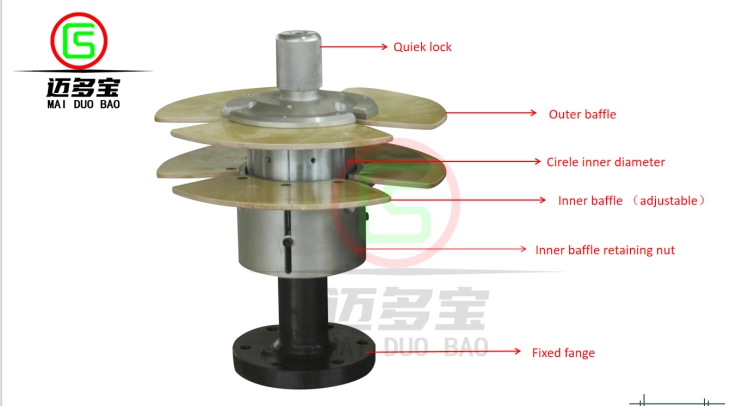In the realm of automotive engineering, the mechanical fuel pump plays a crucial role in delivering the lifeblood of an engine – fuel. However, like any mechanical component, it is susceptible to wear and tear, leading to potential malfunctions. In this comprehensive blog post, we will delve into the symptoms of a bad mechanical fuel pump, empowering you with the knowledge to identify and address potential issues promptly.
- Insufficient Fuel Delivery:
One of the primary symptoms of a failing mechanical fuel pump is inadequate fuel delivery to the engine. This can manifest in various ways, such as:
a) Engine Stalling: A faulty fuel pump may cause the engine to stall or hesitate during acceleration, particularly at higher speeds. This occurs due to insufficient fuel reaching the combustion chambers, resulting in a loss of power.
b) Difficulty Starting: If your vehicle experiences difficulty starting, especially after being parked for an extended period, it could indicate a weak or failing fuel pump. Insufficient fuel pressure can impede the engine's ability to ignite and run smoothly.
c) Sputtering or Surging: A malfunctioning fuel pump may cause the engine to sputter or surge while driving, as it struggles to maintain a consistent fuel flow. This can lead to erratic performance and an overall decrease in fuel efficiency.
- Engine Overheating:
A bad mechanical fuel pump can also contribute to engine overheating, primarily due to an inadequate supply of fuel for proper cooling. The following symptoms may indicate this issue:
a) Increased Temperature Gauge: If you notice the temperature gauge consistently rising above the normal range, it could be a sign of a failing fuel pump. Inadequate fuel circulation can hinder the cooling system's ability to regulate the engine's temperature effectively.
b) Boiling Coolant: In extreme cases, a malfunctioning fuel pump can cause the engine coolant to boil, leading to steam escaping from the radiator or coolant reservoir. This can result in severe engine damage if not addressed promptly.
- Unusual Noise:
A failing mechanical fuel pump often produces distinct noises, which can serve as early warning signs of impending issues. Pay attention to the following auditory cues:
a) Whining or Whirring: A worn-out fuel pump may emit a high-pitched whining or whirring sound, particularly when the engine is running. This noise is typically caused by worn bearings or a damaged impeller within the pump.
b) Clicking or Ticking: Another common noise associated with a faulty fuel pump is a repetitive clicking or ticking sound. This can indicate a worn-out or damaged pump armature, which affects the pump's overall performance.
Conclusion:
Recognizing the symptoms of a bad mechanical fuel pump is crucial for maintaining the optimal performance and longevity of your vehicle. By being vigilant and addressing these issues promptly, you can prevent further damage and costly repairs. Remember, if you suspect a failing fuel pump, it is always advisable to consult a qualified mechanic for a thorough diagnosis and appropriate solutions.


